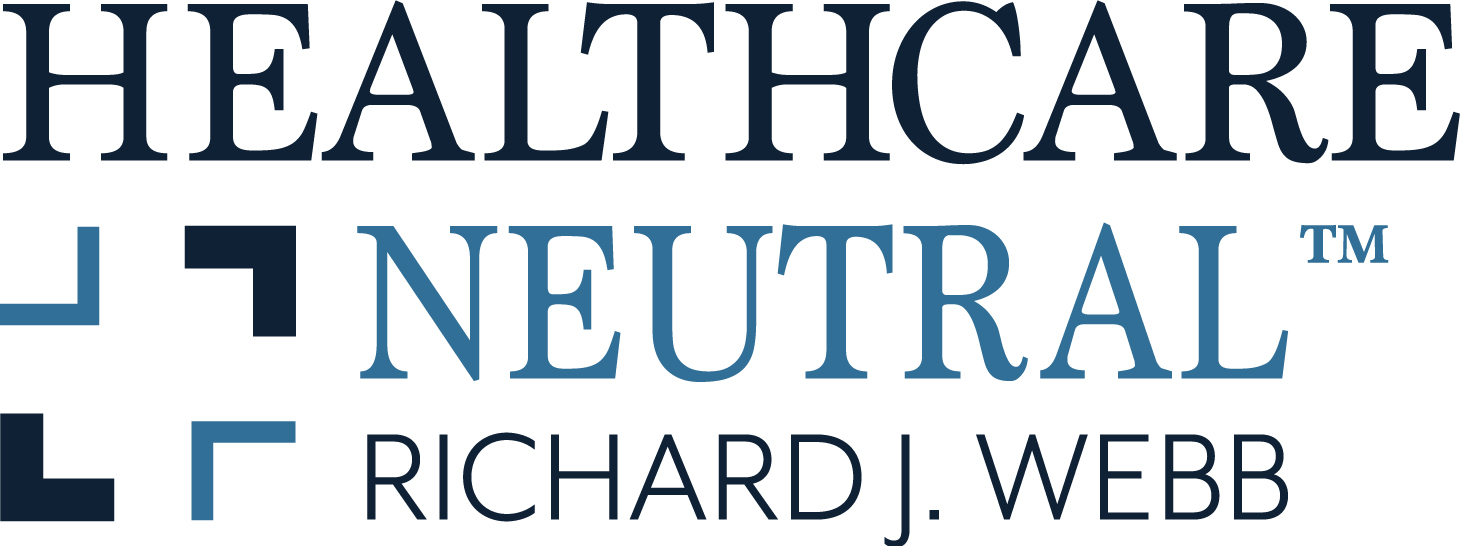
Choosing Your Healthcare ADR Provider
October 31, 2007
[Image: New potato releases by Agriculture Research Service scientists give us even more choices of potatoes to eat. Photo by Scott Bauer.]
If you are a party or legal counsel in a conflict or dispute in the healthcare field, and you believe that some form of alternative dispute resolution process may (or must) be utilized to solve it, you must persuade the other parties involved to share that conclusion and select a qualified ADR provider. Often these tasks are related. Opinions differ on how to select a neutral, but my view is that he or she should possess the following attributes:
1. The neutral should be “neutral”. Although obvious, the ADR provider you choose should be impartial, fair, open-minded and without conflicts of interest.
2 . The neutral should be intelligent and creative. Resolving disputes in the healthcare industry efficiently requires the ability to quickly grasp and understand complex facts and legal issues while simultaneously assessing and attending to the expectations of the parties. It often requires the ability to fashion creative alternatives that work both legally and practically.
3. The neutral should understand your business. Although many neutrals believe they can successfully resolve disputes in any industry, it is not reasonable to believe that they can do so efficiently.
4. The neutral should understand the legal issues. The web of legal constraints affecting most healthcare disputes is daunting. No amount of general legal experience at the bar or on the bench prepares a neutral to effectively assist the parties or their counsel in such cases. Jerry Roscoe made this point persuasively in a particular context with his recent article: Resolving Allegations of Health Care Fraud – Does the Mediator Matter? (the ABA Dispute Resolution Section’s Healthcare Committee website).
5. The neutral should be committed to ADR. In order to be consistently effective, a neutral must first and foremost believe that alternative dispute resolution principals actually work. Without that belief, the neutral brings no energy or additional value to the engagement, but merely serves as a technician in guiding the parties through a scripted process.
6. The neutral should be cost effective. A major justification for the use of alternative dispute resolution is that processes such as mediation and arbitration will be less costly than traditional litigation. Although this is generally true, it is also true that some ADR services will cost more than others. Generally, cost will be a function of the neutral’s hourly/daily rate and the parties’ commitment to work with that neutral.
7. The neutral should be committed to good service. As a party or counsel in a conflict subject to alternative dispute resolution, you are a prospective consumer of ADR services. In evaluating a neutral, you should assess the extent to which he or she will provide the level of service that a professional service client paying significant fees should enjoy.
